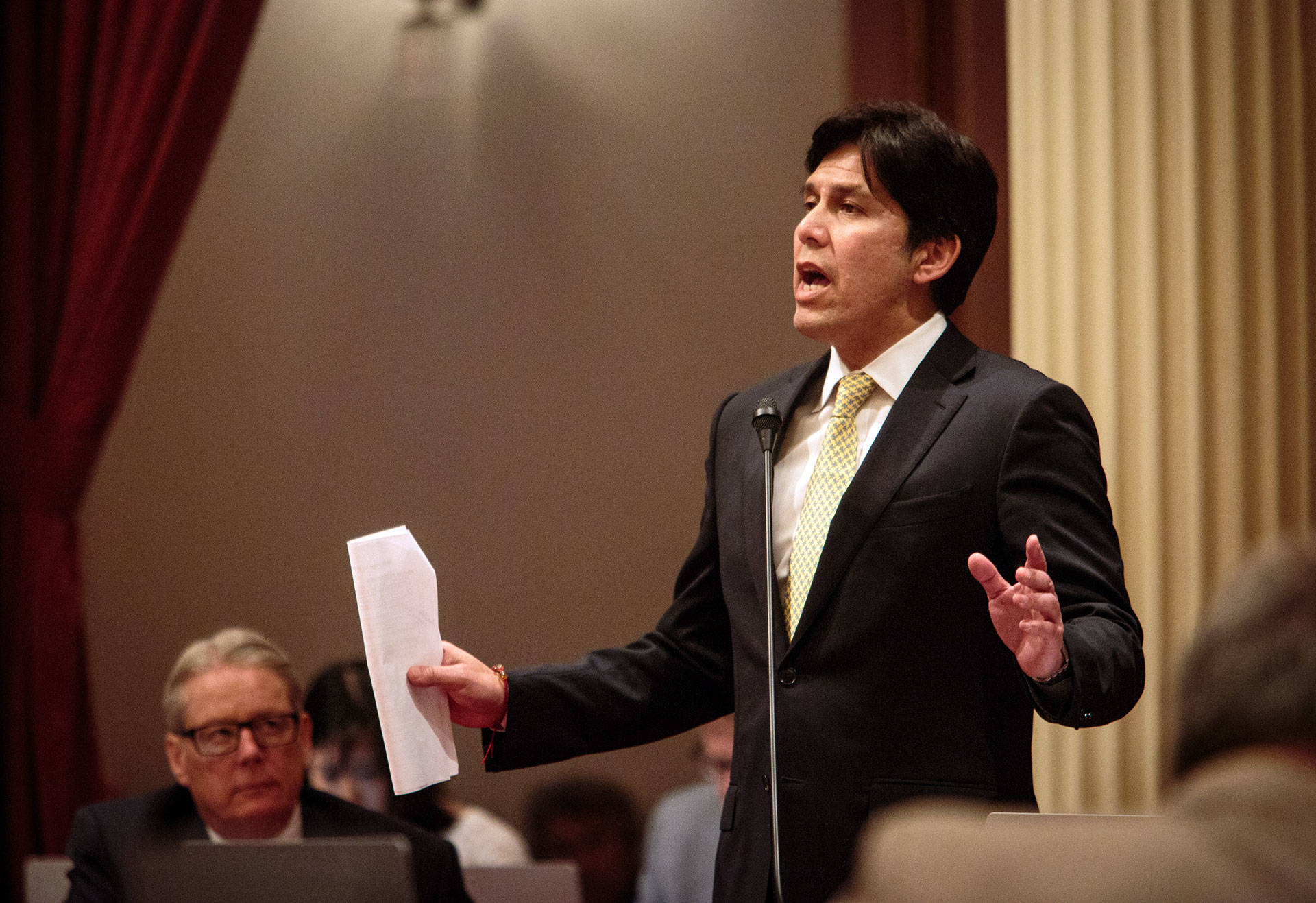As the state Legislature reconvenes in Sacramento, lawmakers are wasting no time picking up right where they left off -- finding new and creative ways to slam President Trump and block his policy agenda as it relates to California.
In his waning days as Senate President Pro Tem, Kevin de León (D-Los Angeles) is promoting what he calls the "Protect California Taxpayers Act."
It's designed to create workarounds to avoid the new $10,000 limit on state and local taxes that can be deducted on federal tax forms. That part of the new federal tax law is expected to slam states like California with high income tax rates and housing costs.
The bill has not been formally introduced yet, but according to people familiar with the details it would allow state taxpayers to make charitable donations to a "California Excellence Fund" in exchange for an equal reduction in state income taxes. The donation would be used by the state to fund government programs and the taxpayer would be able to deduct it on their federal IRS forms.
